Rheumatoid Arthritis
What is Rheumatoid Arthritis?
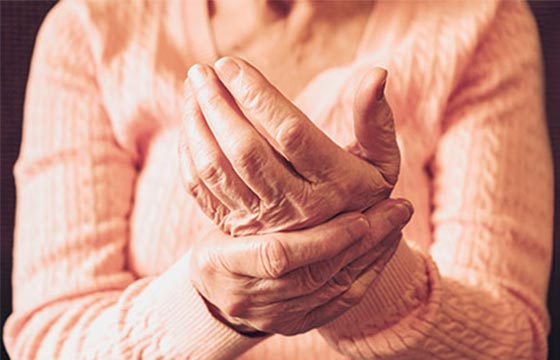

If you say ‘arthritis’ to most people they assume you’re talking about wear and tear on the joints, which many older people have. That’s osteoarthritis. Rheumatoid arthritis is different.
Rheumatoid arthritis is a type of disease known as an autoimmune condition. The immune system is the body’s natural self-defense system and it normally protects us from infections and illness. Autoimmune conditions cause the body’s immune system to mistakenly attack the body’s healthy tissues, such as the joints, causing inflammation.
Inflammation is normally an important tool the immune system uses to fight an infection by sending extra blood and fluid to an area to. However, in rheumatoid arthritis the inflammation and extra fluid in a joint can cause pain and stiffness as well as permanent damage to a joint.
What are the symptoms of rheumatoid arthritis?
The main symptoms of rheumatoid arthritis are joint pain, swelling and stiffness. Rheumatoid arthritis can cause problems in any joint in the body, although the small joints in the hands and feet are often the first to be affected.
Rheumatoid arthritis is a symmetrical arthritis, meaning that it usually affects both sides of the body in a similar way, although this is not always the case.
The symptoms of rheumatoid arthritis can be different from person to person and usually develop over several weeks. Symptoms can come and go, and may even change over time.
The main symptoms affecting the joints are:
Joint pain


The joint pain associated with rheumatoid arthritis is usually an aching, throbbing type of pain. It’s often worse in the mornings and after periods of inactivity.
Stiffness
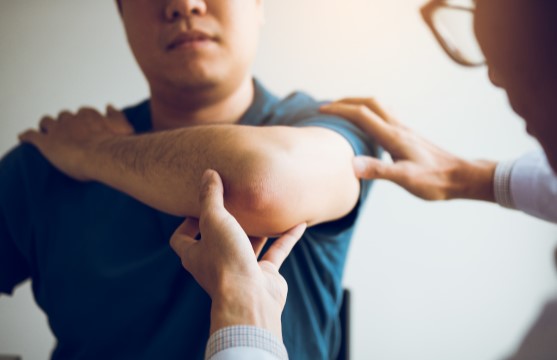

Affected joints can often feel stiff. For example, you may not be able to fully bend your fingers or form a fist if your hands are affected. Like joint pain, stiffness if often worse in the mornings and after periods of inactivity.
Swelling, redness and warmth
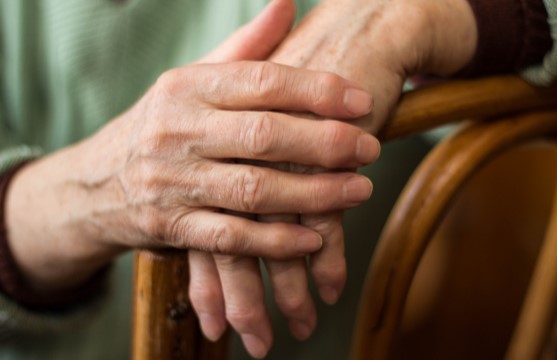

Inflammation in the lining of joints, this can cause joints to swell, and become hot and tender to the touch. Some people can develop firm swellings (rheumatoid nodules) under the skin around affected joints.
Other rheumatoid arthritis symptoms
Some people with rheumatoid arthritis can experience a range of more general symptoms, like:
- Tiredness and a lack of energy (fatigue)
- Sweating
- A high temperature (fever)
- A poor appetite
- Weight loss
Rheumatoid arthritis can also cause problems in other areas of the body. Dry eyes or chest pain can occur if your eye, heart or lungs are affected.
What causes rheumatoid arthritis?
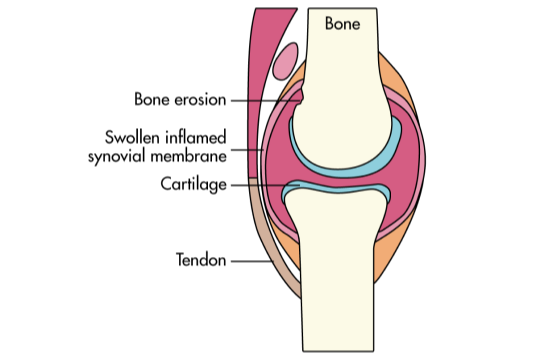

Rheumatoid arthritis can affect adults of any age. It most commonly starts between the ages of 40 and 60.
As previously mentioned, rheumatoid arthritis is an autoimmune condition, which means it's caused by the immune system attacking healthy body tissue. However, it’s not yet known what triggers this.
Normally, your immune system works to make antibodies that attack viruses and bacteria, helping to fight infection. Rheumatoid arthritis causes your body’s immune system to mistakenly send antibodies to the lining of joints, where they attack the tissue around the joint.
This causes the thin layer of cells (synovial membrane) that covers your joints to become inflamed and sore, releasing chemicals that damage the nearby:
- Bones
- Tendons (connect bone to muscle)
- Cartilage (connect bone to other bones)
- Ligaments (connect bone to cartilage)
Rheumatoid arthritis risk factors
There are a few things that may increase the risk of developing rheumatoid arthritis, including:
- Genetics – there's some evidence that rheumatoid arthritis can run in families, although the risk of inheriting the condition is thought to be low as genes are only thought to play a small role in the condition
- Environmental factors – many things, such as a virus, infection, trauma of some kind, or having a very stressful event in your life like childbirth or bereavement
- Smoking – some evidence suggests that smoking is associated with rheumatoid arthritis . A combination of smoking and having certain genes considerably increases the risk of developing rheumatoid arthritis, as well as having a more severe form of rheumatoid arthritis
- Hormones – rheumatoid arthritis is more common in women than men. This may be due to the effects of a hormone called oestrogen
- Weight – if you are overweight, you have a significantly greater chance of developing rheumatoid arthritis than if you are a healthy weight
Read more
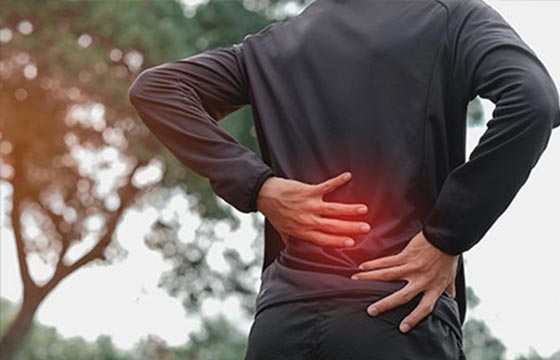
Axial Spondyloarthritis & Ankylosing Spondylitis
axSpA and AS are chronic rheumatic conditions causing inflammation of the spine
Read more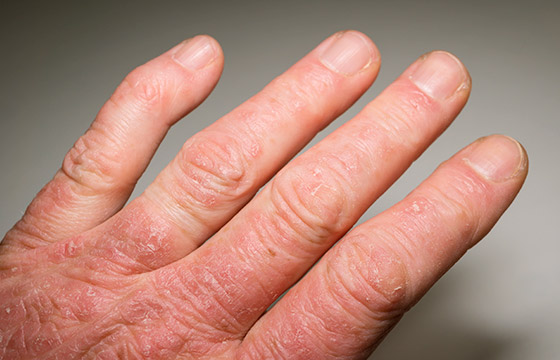
Psoriatic Arthritis
Psoriatic arthritis is a condition where arthritis and psoriasis occur together
Read more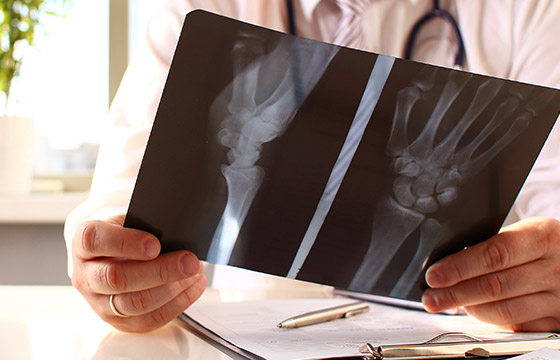
Diagnosing Inflammatory Arthritis
Your doctor will use several scans and tests to diagnose inflammatory arthritis
Read moreSend your Feedback!
Would you recommend the UCBCares website to other visitors?